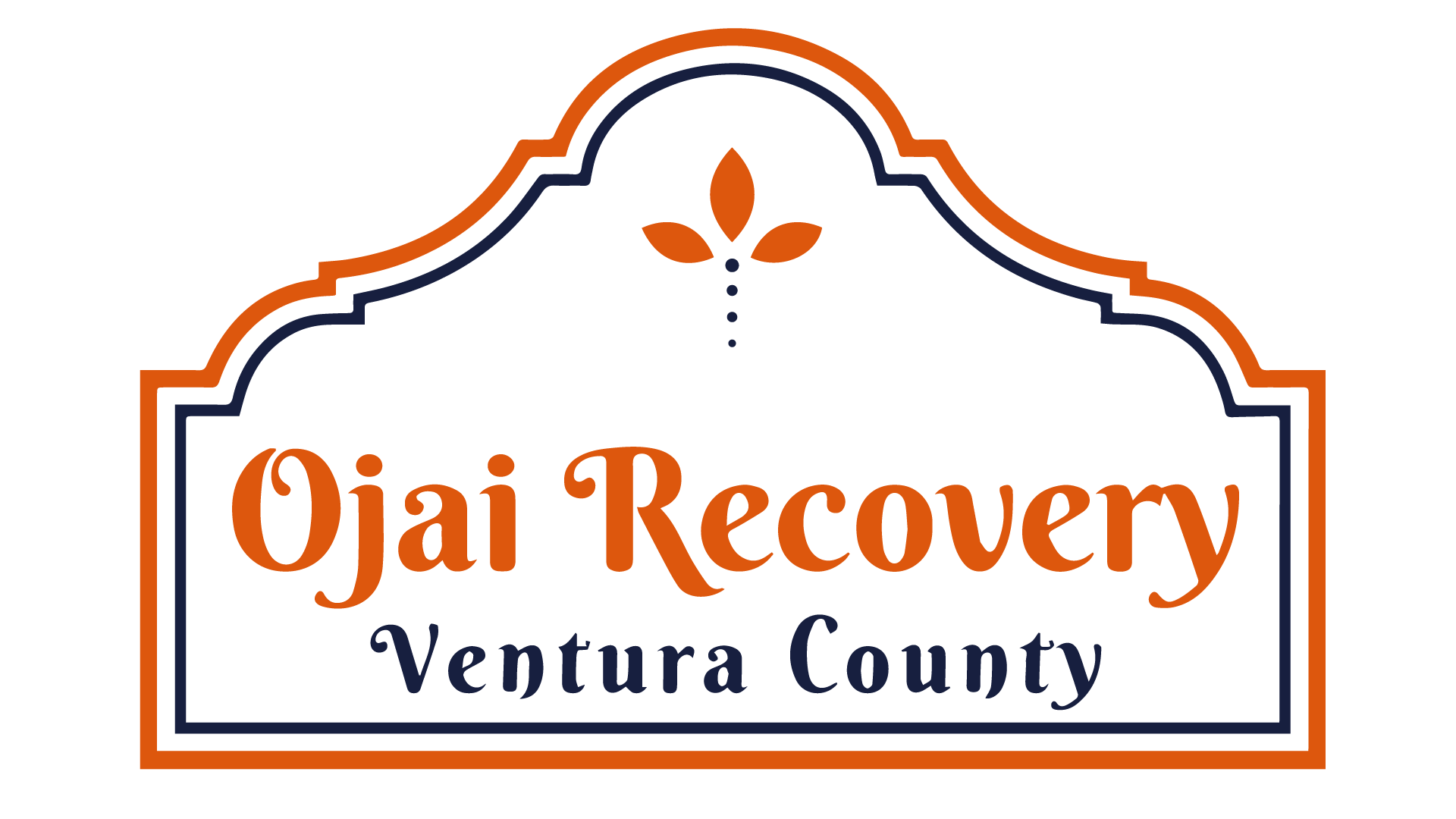Outpatient Drug Rehab Overview
Outpatient drug rehab provides a strategic approach to recovery for those seeking treatment for substance use disorders. This method allows individuals to maintain their daily routines while receiving professional care, making it an attractive option for many.
Benefits of Outpatient Programs
Outpatient programs offer a host of advantages for those in recovery. Some notable benefits include:
- Flexibility: You can continue working or attending school while participating in treatment. Outpatient programs often hold sessions during evenings or weekends, accommodating your schedule.
- Support System: Remaining at home allows you to be surrounded by family and friends during your recovery journey. This additional support can enhance the treatment experience and assist you in making lasting changes.
- Cost-Effectiveness: Outpatient care typically costs less than inpatient treatment due to the absence of 24/7 medical supervision (Addiction Center).
- Continued Therapy: Continuing therapy after inpatient treatment helps reinforce the skills learned during rehabilitation and aids in sustaining long-term recovery. Programs often include ongoing support and counseling to address challenges that may arise (Clear Behavioral Health).
- Personalized Treatment: You can receive treatment that fits your unique needs. Outpatient programs can be adjusted as necessary based on your progress and challenges.
Levels of Outpatient Care
Outpatient drug rehab encompasses two primary levels of care:
| Level of Care | Description |
|---|---|
| Partial Hospitalization Program (PHP) | Offers the highest intensity of outpatient treatment. You attend therapy and counseling sessions multiple times per week, usually for several hours each day. This level is suitable if you need more support while transitioning from inpatient care. |
| Intensive Outpatient Program (IOP) | Provides structured treatment while allowing more flexibility. IOP sessions are often scheduled in blocks during evenings or weekends, making it easier for you to manage your daily responsibilities. Attendance frequency can range from a few times a week to once a week depending on your progress. |
Outpatient rehab programs typically last from 3 to 6 months but can extend beyond a year for more severe cases. Duration is tailored to your individual needs and recovery progress. Engaging in an outpatient program can significantly enhance your chances of achieving lasting recovery. For further insights on the available options, you may want to explore outpatient rehab centers near you.
Choosing Outpatient Rehab
Costs and Insurance Coverage
When selecting an outpatient drug rehab program, understanding the costs involved and your insurance coverage is essential. Outpatient treatment typically costs less than inpatient care due to the absence of 24/7 medical supervision and intensive therapy sessions. However, the price difference should not be the only deciding factor; focus on what is most suitable for your needs.
Here’s a general comparison of costs for various treatment options:
| Treatment Type | Average Cost (Per Month) |
|---|---|
| Inpatient Rehab | $14,000 – $27,000 |
| Outpatient Rehab | $3,000 – $10,000 |
Insurance coverage can significantly ease the financial burden of treatment. Most health insurance plans are required to cover mental health services, including outpatient rehab, under the Affordable Care Act (HealthCare.gov). Plans may vary in coverage, so it’s recommended to contact your insurance provider directly to inquire about specific benefits related to outpatient programs.
For instance, Blue Cross Blue Shield usually covers outpatient programs for substance abuse treatment. The extent of coverage will depend on the specific plan and state (American Addiction Centers). It is crucial to check your individual coverage details for clarity.
Transition from Inpatient Care
If you or a loved one has recently completed an inpatient program, transitioning to outpatient rehab can be a beneficial step in maintaining recovery momentum. Outpatient rehab offers ongoing therapy and support while allowing you to reintegrate into daily life, managing work or family responsibilities (Clear Behavioral Health).
Studies show that many individuals opt for outpatient treatment after finishing inpatient care as part of their continued recovery journey (Addiction Center). This continuity of care is vital for long-term sobriety.
Outpatient programs generally last at least two months but can extend for several months based on individual progress and needs (Healthline). The therapist or counselor will assess your specific situation and tailor treatment accordingly. The flexibility of outpatient rehab allows individuals to maintain balance in their lives while receiving essential support, enhancing the chances of successful recovery.
Outpatient Program Details
Outpatient drug rehab offers flexible and accessible treatment options suitable for individuals seeking recovery without the need for residential care. Understanding the specifics of the programs available, including PHP and IOP, as well as the duration of treatment, can help you make informed decisions.
PHP vs. IOP
Outpatient rehab consists of two primary levels of care: Partial Hospitalization Programs (PHP) and Intensive Outpatient Programs (IOP).
| Program Type | Description | Frequency | Duration |
|---|---|---|---|
| PHP | Involves attending treatment Monday through Friday for six hours each day. Ideal for individuals needing a higher level of care before transitioning to a lower intensity. | 5 days a week | Typically 3-4 weeks before stepping down |
| IOP | Provides a lower intensity of care compared to PHP, involving treatment every other weekday for three hours. A good option for those who have completed PHP or require ongoing support. | 3 days a week | Can last several weeks to months based on individual progress |
Outpatient rehab allows you to receive comprehensive care while maintaining your responsibilities at home or work. For more information on different levels of rehabilitation, refer to our page on outpatient rehab.
Duration of Outpatient Treatment
The length of outpatient drug treatment can vary significantly based on individual circumstances and needs. Generally, outpatient treatment can last from 3 to 6 months, similar to inpatient programs, but it may extend to over a year for more severe cases (Addiction Center).
The following factors influence the duration of treatment:
- Individual progress in recovery
- The severity of addiction
- Response to treatment interventions
| Duration of Treatment | Typical Treatment Duration |
|---|---|
| Short-term | 3 months |
| Moderate | 6 months |
| Long-term | 6 months to 1+ year |
Determining the right length of treatment should involve the guidance of healthcare professionals to ensure it aligns with your recovery goals. To explore programs available near you, check out our resources on outpatient drug rehab near me.
Outpatient Detox Programs
Eligibility and Benefits
Outpatient detox programs are designed for individuals who experience mild to moderate substance withdrawal symptoms. This level of care allows you to receive treatment while maintaining your daily responsibilities, making it a flexible alternative to residential detox. You will need to visit a treatment facility regularly for physical and mental health check-ups, where trained professionals will monitor your progress.
The benefits of outpatient detox programs include:
- Flexibility: You can continue with your daily activities while receiving treatment.
- Supportive Environment: Ongoing access to clinical support helps you manage withdrawal symptoms effectively.
- Cost-Effective: Outpatient programs tend to be more affordable compared to inpatient options.
- Tailored Treatment: Personalized care plans enable you to address your unique needs.
For more information about outpatient services, explore our guides on outpatient detox programs and outpatient drug rehab near me.
Supervision and Medication Administration
In outpatient detox programs, you will receive careful supervision from healthcare providers during your treatment. You will visit a hospital or treatment facility for regular evaluations, where clinicians or doctors can administer medications on-site to help alleviate withdrawal symptoms. Common symptoms that may be treated include:
| Symptom | Medication Options |
|---|---|
| Anxiety | Benzodiazepines |
| Depression | Antidepressants |
| Increased Heart Rate | Beta-Blockers |
Medications are provided to enhance your comfort and ensure a safer detox process. This level of supervision and medical support is crucial for managing withdrawal symptoms effectively. For comprehensive information on detox services, check out outpatient alcohol detox and drug detox.
Outpatient detox programs combine flexibility with professional oversight to offer you or a loved one a reachable path to recovery. Taking this step signifies empowerment toward regaining control and pursuing a healthier future.
Outpatient Rehab Support
Outpatient drug rehab programs offer crucial support beyond clinical treatment. Incorporating recovery groups and engaging family and community are essential components that enhance the recovery process.
Incorporating Recovery Groups
Recovery groups play a vital role in outpatient treatment. Programs like Alcoholics Anonymous (AA) and Narcotics Anonymous (NA) are often integrated into the recovery process. These groups provide a supportive environment where individuals can share experiences, challenges, and successes. Studies indicate that participation in such recovery groups significantly aids individuals in maintaining sobriety (Addiction Center).
Outpatient treatment allows individuals to participate in recovery meetings that fit their schedules, enabling them to stay connected with their peers. Regular attendance in these meetings reinforces their commitment to sobriety and offers a network of support. This ongoing connection can be crucial for individuals transitioning from inpatient treatment to outpatient care.
Family and Community Involvement
Involving family and the broader community in the recovery process can greatly enhance outcomes. Family participation in therapy sessions helps to rebuild relationships and develop a supportive home environment. Families gain insight into addiction and learn how to best support their loved ones throughout treatment.
Outpatient programs often accommodate family involvement by including education sessions and support groups. This creates a structured approach that fosters a sense of shared responsibility for recovery. Additionally, outpatient treatment allows patients to remain in contact with friends and family, maintaining their social support network which can be vital in times of need.
The flexibility of outpatient care means that sessions can be scheduled during convenient times, such as evenings or weekends, ensuring that treatment does not disrupt daily responsibilities. This structure promotes a balance between recovery and personal life, helping you stay engaged with your community while progressing through your treatment.
For more information on outpatient services and the advantages they offer, consider exploring our links related to outpatient drug rehab near me and other treatment programs.
Tailored Outpatient Treatment
Outpatient treatment for substance use disorders offers customizable options to meet individual needs. At Ojai Recovery, a focus on personalized care is paramount, ensuring that you or your loved one receives the best support and therapeutic interventions throughout the recovery journey.
Therapeutic Interventions
Tailored outpatient programs can include a variety of therapeutic interventions aimed at addressing the unique challenges associated with addiction. The treatment may consist of multiple components, such as:
- Group and Individual Counseling: These sessions promote open dialogue and support among peers and professionals.
- Family Therapy: Involving family members can help to rebuild relationships and support systems.
- Education Sessions: Providing knowledge about addiction and recovery can empower patients in their journey.
- Occupational or Recreational Therapy: Engaging in structured activities can help develop coping skills and promote healthy habits.
- Psychotherapy: Individualized therapy approaches, such as cognitive-behavioral therapy (CBT) and motivational interviewing, are effective in addressing underlying issues related to addiction.
The flexibility to choose from these interventions allows for a comprehensive approach to treatment. For further details on programs available at Ojai Recovery, explore our outpatient drug rehab options.
Flexibility in Treatment Duration
The duration of outpatient treatment is adaptable and based on various factors. This flexibility ensures that the program aligns with your evolving recovery needs. Key considerations that influence how long you may engage in treatment include:
- Severity of Substance Misuse: Individuals with more severe issues may require longer engagement in therapy.
- Progress in Treatment: As you or your loved one advances through the program, the duration may be adjusted based on accomplishments.
- Presence of Co-occurring Issues: Additional mental or physical health challenges could impact treatment length.
- Relapses During Treatment: If relapses occur, additional time may be necessary to ensure stability in recovery.
Most outpatient programs maintain a structure that is just as effective as inpatient services. As you transition through the stages of recovery, you can expect the possibility of moving to a less intensive or more cohesive approach based on your progress and personal circumstances.
For those seeking options in the local area, searching for outpatient drug rehab near me can connect you with reputable facilities that provide these flexible treatment durations and tailored interventions.










